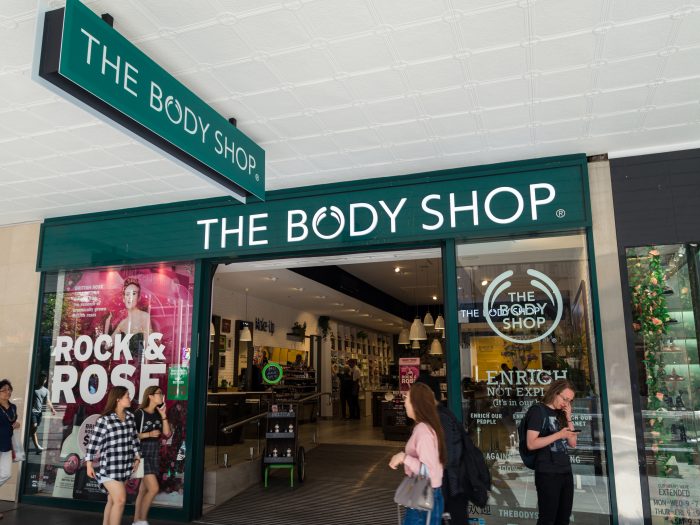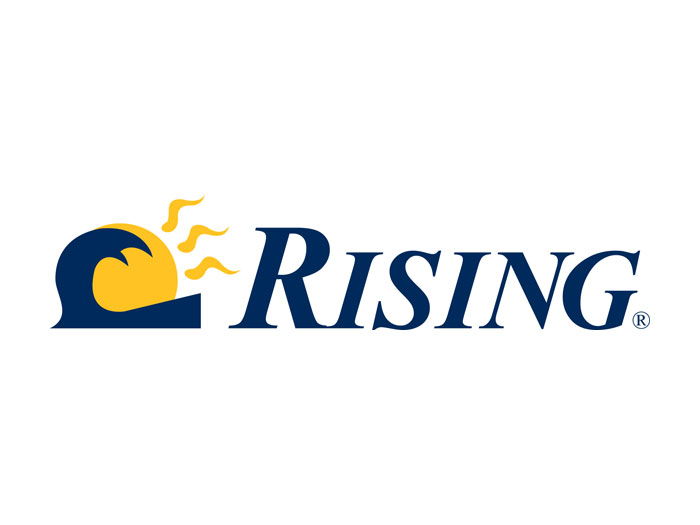The Body Shop Is Cutting Background Checks; Do the Risks Outweigh the Benefits?

Can’t find a job? Have a criminal record? Can’t pass a drug test? Don’t worry, this popular retail chain will hire you. You just have to be the first in line.
Okay, maybe it’s not that simple, but the new hiring process for The Body Shop‘s distribution centers is close to it.
The cosmetic, skincare and perfume company is one of the first retail businesses that will begin hiring in a way that completely eliminates human bias. Those who successfully complete an apprenticeship will receive employment opportunities. To be eligible, candidates must first answer ‘yes’ to three simple questions: Can you legally work in the United States? Can you lift over 50 pounds? Can you stand for up to eight hours?
The subsidiary of Natura & Co is adopting this hiring model in its warehouses in an effort to save money on recruiting methods. But more importantly, its aim is to attract talented workers who may not have employment opportunities otherwise.
This style of recruiting was mirrored from that of Greyston Bakery, a social enterprise that first implemented the model into its North Carolina distribution center last year.
Greyston CEO Mike Brady commented that the company, which distributes baked goods to businesses such as Whole Foods, was created as a mission to destroy employment barriers.
“We don’t hire people to bake brownies, we bake brownies to hire people,” reads the bakery’s slogan.
The Hiring Model
Similar to the intentions of a real estate “open house,” positions at Greyston are filled on a first-come, first-serve basis by apprentices who are selected from a waiting list of names.
Those who participate in the apprenticeship learn company procedures as well as basic employment and life skills. If the apprenticeship is completed to satisfactory standards, workers are offered entry level positions and given opportunities to advance throughout the organization.
According to Fast Company, The Body Shop plans to expand its current employment of about 800-1,000 people and use the money it saves from the interview process for training, employee benefits and programs that temporarily support new employees with transportation issues.
“The Open Hiring initiative was transformative for our business and for the culture of our company,” stated Andrea Blieden, The Body Shop’s U.S. general manager.
“We look to expand this into our retail stores for customer consultant positions this summer and continue to give opportunities to all who want to work for us. We’re also extremely grateful to Greyston for being a partner in this.”
The partnership is in reference to Greyston’s nonprofit initiative, Center for Open Hiring, which was created to help other businesses adopt its same hiring model.
But Is It Working?
The method seems to be working … for some businesses at least.
With a turnover rate of 43% in December 2018, The Body Shop boasted a turnover rate of 14% just 11 months later in November 2019. With higher retention rates and increased productivity, the company plans to expand this practice beyond its distribution centers and into stores.
“They said things like, ‘I’ve been struggling to find a job. This is one of the only places that would hire me, and I’m not going to mess this up,’” said Blieden of employees openly hired seasonal employees.
“When you give people access to something that they’re struggling to find, they’re very committed to working hard and keeping it.”
Without reporting an exact number, Greyston Bakery also advertises high retention rates, which can result in smoother processes and higher productivity.
However, in a time where artificial intelligence and automation are threatening to make thousands of manual jobs obsolete, is this a realistic approach for modern businesses?
While the number of jobs in the digital sector are increasing, the labor shortage in the United States is becoming a concern. With warehouses and internal operations taking the brunt of the labor shortages, companies in need of skilled workers may not be able to afford the cost of employee misconduct or toxic hiring that could result from a non-thorough job screening.
The Risk Versus the Reward
One Forbes columnist argued that open hiring is just replacing one bias with another: “What about someone who cannot get immediate access to a computer, or who is busy taking their kids to school, or for whatever reason cannot reply immediately and guarantee to be first in the line with their CV?”
From the perspective of risk management, without proper screening or recommendations, organizations not only don’t know the quality of their employee’s work but they are also unaware of any liabilities their employees may bring into the company upon being hired.
“[Background] laws, and various types of marijuana laws [which prohibit employers from rejecting a candidate based on a positive marijuana drug screen], severely restrict the information to which a prospective employer has access in order to make hiring decisions,” Christine Cunneen, CEO of background-check company Hire Image, told the Society for Human Resource Management.
“While the reasoning behind these laws is sound, unfortunately, there is not much in terms of protecting the employers, who will, unfortunately, continue to struggle with the need to balance their decision-making process in the face of compliance with all of these laws and the effective running of their businesses, including protection of their customers and property.”
While the open hiring model may not work for every business, one thing is for sure: Diversity and inclusion is a valuable aspect of the modern workforce.
Perhaps, if anything, this creative hiring approach will only make that philosophy more relevant. &










